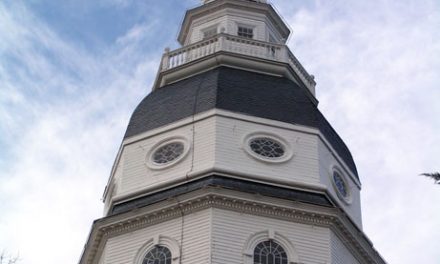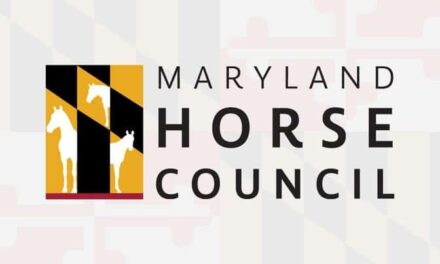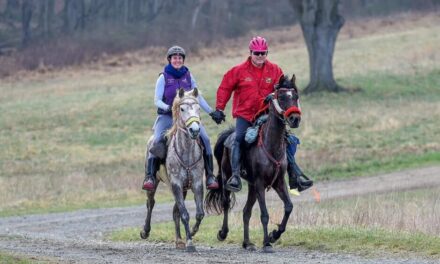by Jane Seigler, MHC Government Relations Committee Co-Chair (first published in the January 2024 Equiery)
This year’s legislative session will open at noon on January 10, and will end precisely at midnight on April 8, 90 days later. Packed into those 90 days will be hearings and votes on approximately 2500 bills.
During this session, Governor Wes Moore’s and the legislators’ agendas will run smack into a looming structural budget deficit and the end to federal pandemic aid. Several legislators have told us privately that any bill that would require significant spending would be an extremely heavy lift.
Factoring into that grim fiscal outlook is the report of the Maryland Racetrack Operating Authority (MTROA) on the future of racing in Maryland, due out on January 5. The MTROA was created during the last legislative session in Annapolis, to try to deal with the fact that previous legislation, enacted in 2020 and intended to facilitate the renovation of Laurel and Pimlico, has gotten nowhere.
Virtually no work has begun, and a number of factors, including the impact of the pandemic with its effect on costs and the supply chain, caused the estimated cost of the project to balloon to almost double the original $375 million price tag. There is also uncertainty over whether 1/ST Racing, which owns the Maryland Jockey Club as well as Pimlico, Laurel and Rosecroft Raceway, will remain in Maryland, and for how long. The legislation creating MTROA also empowers it to operate racing in Maryland. MTROA was originally mandated to report to the legislature by December 1, 2023. That deadline has now been extended to January 5. There is speculation that the report will call for the complete closure of Laurel, the renovation of Pimlico to host the Preakness and all other racing days, and a new training center to be opened at a location TBD. Stay tuned!
Meanwhile, MHC has been working on some legislative initiatives of its own.
Once again, we are working with Del. Mary Lehman (D-PG) on a bill that would require helmets for minors riding horses in certain venues. Last year, the bill passed the full House and unanimously out of the Senate Judicial Proceedings Committee. At quite literally the last minute, amendments by Sen. J. B. Jennings caused it to run out of time on the Senate floor. MHC and Del. Lehman worked with Sen. Jennings over the summer to resolve his concerns about the bill, and we are optimistic that we will get it over the finish line this time. The bill has been pre-filed, so will probably be scheduled for a hearing soon after the session opens. It will be crossed filed in the Senate by Sen. Ariana Kelly (D-Mont.)
Sen. Katie Fry Hester will be sponsoring a bill that would create a Maryland Horse License Plate, similar to the Chesapeake Bay Trust (CBT) plate and the MD Ag Education Foundation (MAEF) plate (the “Ag Tag”). Fees for the special plate would help provide funding for MHC, Days End Farm Horse Rescue, as well as additional funds for CBT and MAEF.
We will, of course, be closely monitoring all the bills as they come in, to identify those of interest and concern to Maryland horse people, and we will take action on them as appropriate throughout the session. We may also issue Legislative Alerts from time to time, asking you to contact legislators urging them to vote our way. Watch this space, as well as MHC newsletters, and social media for more info as the session unspools.
Our efforts in Annapolis will be aided by new economic impact data released on December 13. The Economic Impact Study (EIS) was commissioned by the American Horse Council (AHC), and includes Maryland-specific data made possible through a grant by the Rural Maryland Council. While the complete data were not available as of this writing, some advance results were provided to us by AHC, which show that the annual economic impact of Maryland’s horse industry grew by almost 50% from the last EIS in 2017, to $2.8 billion. The recreation sector accounts for $621 million of the industry’s impact on the state’s Gross Domestic Product (GDP), the racing sector for $466 of GDP, and the competition sector for $326 million of GDP. So the state of Maryland’s horse industry is strong and we have a great story to tell!
It’s not too late to help MHC make a difference for us all in Annapolis! Please make a donation in any amount NOW to the Horse Council’s Political Action Committee. We must make distributions to the legislators’ campaigns BEFORE the session opens on January 10. Donate using the QR code below. Thank you!












